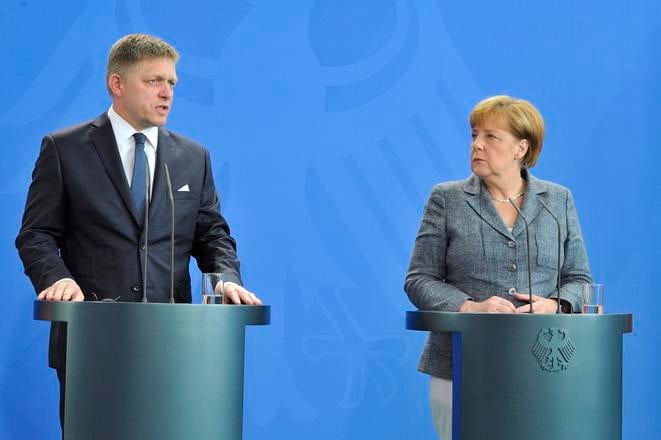There is an old saying that says generals are always fighting the last war, and you might say something similar of political journalism — that journalists are always overemphasizing the last election.
Following the Brexit vote in June 2016 and after Trump was elected last November a panic that an unstoppable tide of populism was about to overwhelm Europe. Instead, a Green party candidate was elected president of Austria, far right populist Geert Wilders lost in the Netherlands, centrist Emmanuel Macron beat Marine Le Pen by 33 percentage points in the French presidential election and this week Angela Merkel was reelected as chancellor of Germany.
Along with the right wing AfD reaching parliament, much of the post-election discussion about Germany has focused on how Merkel's CDU-CSU party received a lower share of the vote than last time, the conclusion being that she is politically weaker than she has been. This is not true. While Ms. Merkel’s 33 percent of the vote was down from the 41 percent the got in 2013, 33 percent is exactly the same share of the vote the party received in the 2009 election and just 2 percent less than they won in 2005. In short, Ms. Merkel’s party is as about popular now as they were 12 years ago.



 Angela Merkel and Robert Fico. (source: SITA)
Angela Merkel and Robert Fico. (source: SITA)